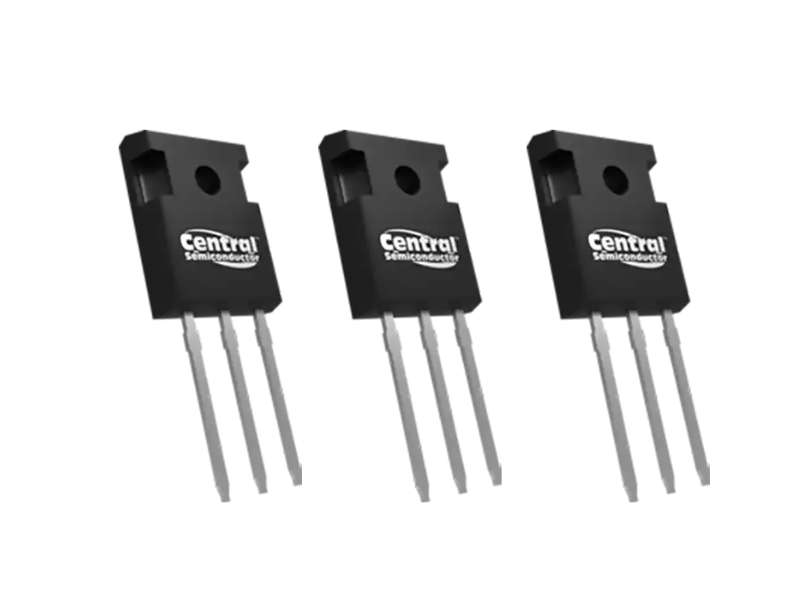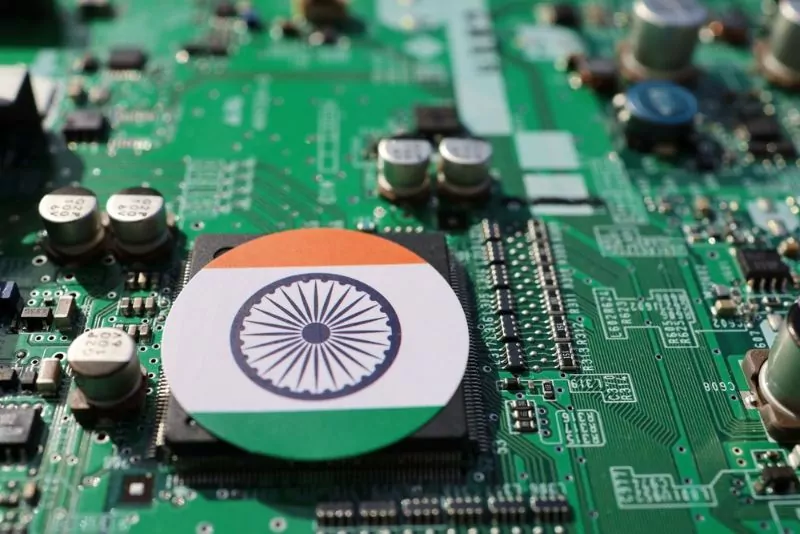Goldman Sachs has weighed in on President Biden’s CHIPS Act, saying the deal isn’t that big a deal – not unless there’s a huge international conflict between chip-making countries.
Biden’s CHIPS Act is a package that will funnel more than $70 billion into the American semiconductor industry and set aside approximately $200 billion for further scientific and technological research.
Those expecting the bill to resolve the ongoing chip shortages are likely to be left disappointed, according to a note published last week by Goldman Sachs analysts.
Goldman’s research team, led by the investment bank’s chief economist Jan Hatzius, found that Biden’s plan is not big enough to rid the global economy of its semiconductor supply-chain woes of the past few years unless a major international conflict erupts between chipmaking countries given the “current concentration of production and expertise in Taiwan and Korea.”
“These funds look unlikely to meaningfully change global semiconductor investment or supply,” the Goldman analysts wrote.
Goldman’s research team estimates that the approved funding will only make up around 3% of the global semiconductor industry’s total expenditure next year.
While the new funding is “substantial” in the context of the U.S. semiconductor industry, they said it is much more modest when put up against the global market.
Combined with the fact that new chip manufacturing factories usually take around two years to build, Goldman analysts found that an immediate effect on the chip shortage is unlikely, and even once U.S. production hits full steam, the contribution to the global semiconductor industry will remain relatively small.
To avoid electronics supply-chain disruptions, you may also wish to consult an expert in electronics component supply. With more than three decades of supply-chain expertise, Astute Electronics is ideally placed to work with you on your daily component requirements.
For more help with looking at supply chain options, contact Astute Electronics






